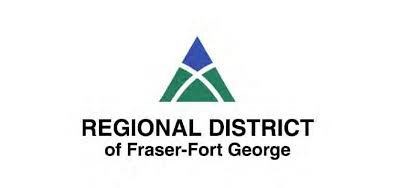The Regional District of Fraser-Fort George will be taking part in a study aimed at getting a handle on plastic waste produced by farms in the region.
Agricultural plastic waste – including bale wrap, silage film and twine – is classed as industrial waste, and is not included in provincial recycling regulations. The regional district board voted on Thursday to partner with Cleanfarms to conduct a study on the amount of plastic farm waste being produced in the region, with the potential to develop a three-year recycling pilot project.
"This is an issue, agricultural plastic waste has come up many times," director Lara Beckett said. "We haven't gotten very far, for the number of years we've been working on it."
The study results could also be used to help advocate for an extended producer responsibility (EPR) program that would see the manufacturers made responsible for the costs of recycling the material, Beckett said.
The district contributed $5,000 to conduct the study, with Cleanfarms matching that through a federal grant.
The study will provide information used to create a budget for a three-year recycling pilot project, district waste diversion program leader Rachael Ryder wrote in a report to the district board. If the pilot project goes ahead, Cleanfarms would provide half of the funding through federal grants.
The Foothills Regional Landfill is the designated facility for handling industrial waste in the district, Ryder said.
"We've heard anecdotally how some people are handling this material," Ryder said, including burning it or burying it on site.
There are no options to recycle plastic farm waste in the Robson Valley, director Danielle Alan said.
"This is a huge issue in our area. The transfer stations are not large enough to take all this material. No construction waste company will take it," Alan said. "There was a whole pile of it dumped in the Dore River this year."
Cleanfarms is a not-for-profit environmental stewardship organization.



